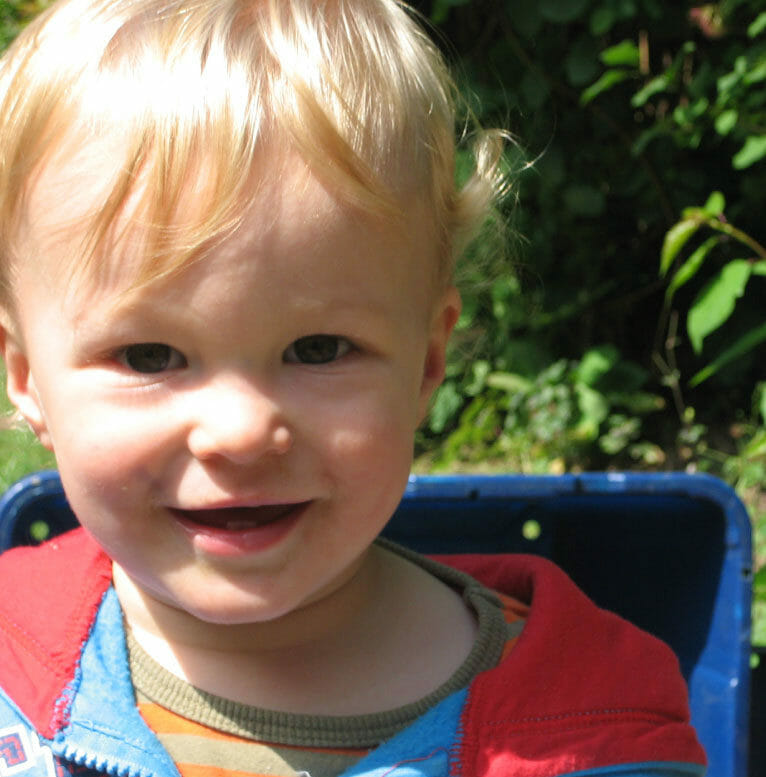Slapped Cheek Syndrome (Fifth Disease)
What is slapped cheek syndrome?
Slapped cheek syndrome is a viral infection caused by the virus Parvovirus B19. The name comes from the typical appearance of the rash, which usually gives a blotchy red appearance of both cheeks (slapped cheeks).
The virus is spread through inhaled droplets in a similar way to colds and flu viruses, which is why there are often outbreaks in nurseries. Children with runny noses, coughing and sneezing are excellent spreaders of the virus.
Slapped cheek symptoms
Early symptoms are similar to a cold, and include a runny nose, sore throat and a temperature. After a few days, the distinctive red rash develops, which gives the slapped cheek appearance, and this can also spread to other parts of the body. This rash can look quite alarming and can last for a few weeks, sometimes fading and reappearing, but there are no long-term harmful effects in otherwise healthy children.


Slapped cheek complications
The virus can sometimes cause complications in children or adults with a weakened immune system or blood disorders such as sickle cell anaemia. Most adults will be immune, as they will have been exposed to the virus in childhood, even if they did not develop symptoms. Women in early pregnancy who develop symptoms such as the rash, or who come into contact with someone who is thought to have the virus may require a blood test to see if they are immune already and if not may require closer monitoring such as another scan.
Slapped cheek treatment
There is no treatment needed, and children should be encouraged rest, drink plenty of fluids and paracetamol or ibuprofen for children may be needed to help with sore throats and temperatures. A check up by your GP, to confirm the diagnosis and reassure you, is usually all the is needed.
Related articles
Book your appointment
Clinic, remote appointments and home visits are available daily.
We can always find a time to suit you, so please do ask if you are having difficulty finding a suitable time.

